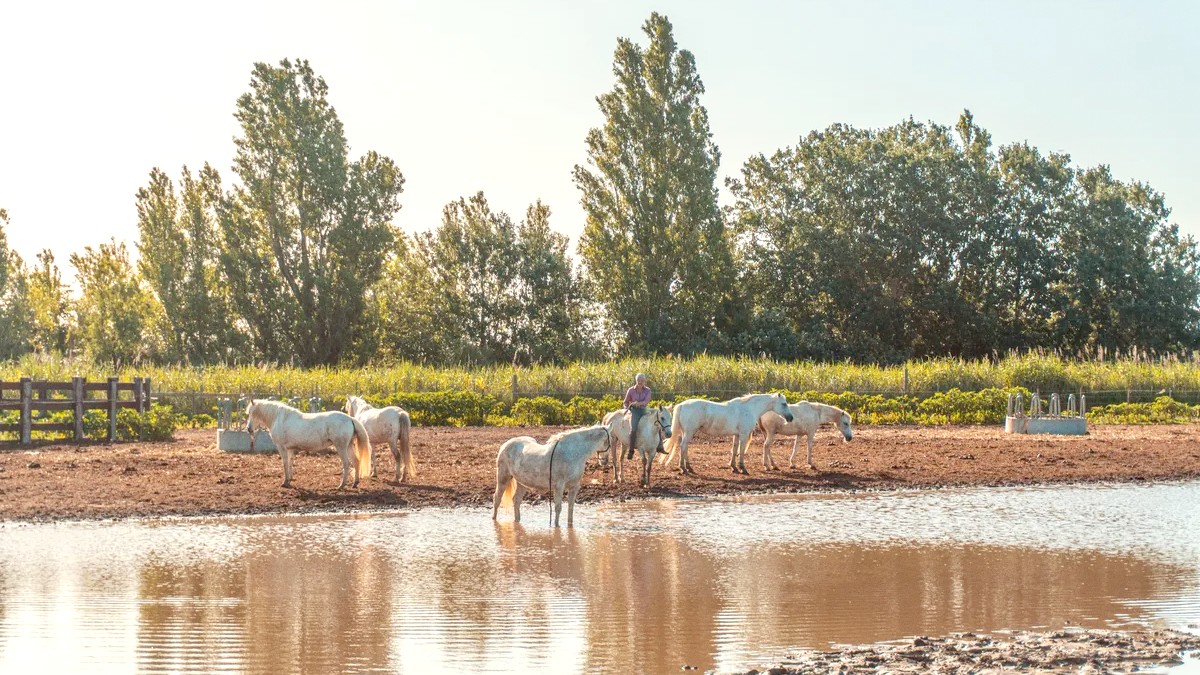
France
France has four major mobile providers: Orange, SFR, Bouygues Telecom, and Free Mobile.
ESIMs activate a local data plan digitally without a physical SIM.
Access to the internet is generally available in populated areas.
For consistent internet access, consider a portable Wi-Fi device.
Bonjour (bon-ZHOOR): Hello/Good day
Merci (mer-SEE): Thank you
S'il vous plaît (seel voo PLEH): Please
Oui/Non (wee/non): Yes/No
Parlez-vous anglais? (par-lay voo zang-GLEH?): Do you speak English?
Knowing typical schedules aids planning your day effectively.
Typically open Mon-Sat, from 9/10 AM to 7/8 PM. Many close for lunch (12-2 PM).
Generally open continuously 8:30/9 AM to 7:30/8 PM. Many open Sunday mornings.
Lunch service typically runs 12-2:30 PM. Dinner service usually begins 7-10:30 PM. Many are closed one day a week.
Operating hours can vary seasonally.
Access to cash is readily available in towns.
On public holidays, many businesses, banks, and attractions may be closed or have reduced hours. Public transport schedules may also be affected. Plan accordingly to avoid disruption.
Observing local customs enriches your experience.
Always greet shopkeepers, staff, and passersby with a polite phrase.
Service is included in France, but a small tip for good service is appreciated.
General photography is fine, but respect individual privacy.
Certain subjects are best avoided in casual conversation.
For travelers with mobility challenges, knowing accessibility infrastructure is important.
France has worked on accessibility, but older areas still pose challenges.
Newer transport and buildings are more accessible.
Specialized services are limited in the rural Camargue.
Organizations can offer general or specific information.
Contact local tourism offices directly for specific information on accessible attractions, accommodations, and services. They can provide the most current local details to ensure a smoother trip.